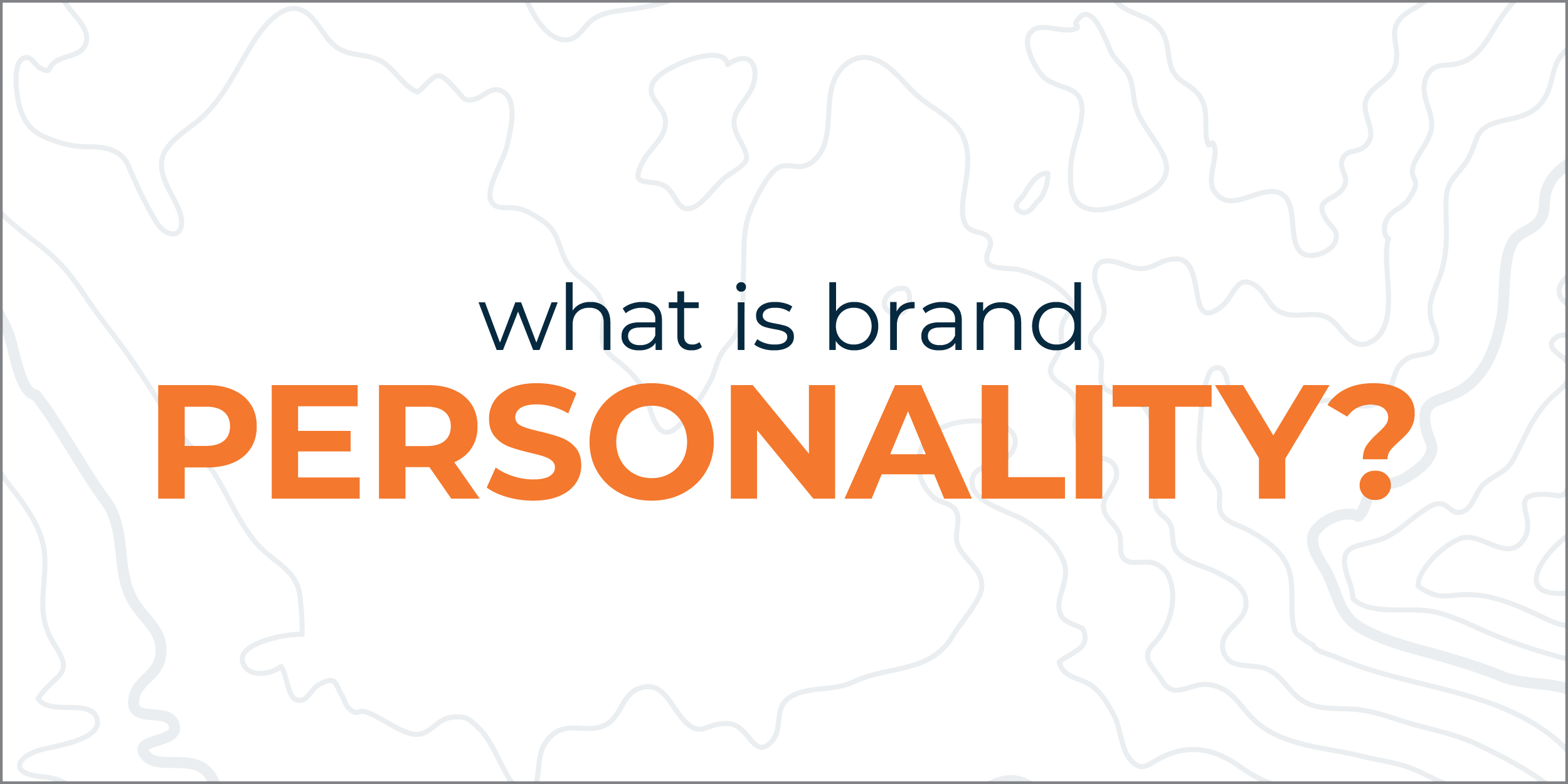
How to Create a Strong Brand Personality?
What is Brand Personality?
Brand personality is the way a brand is personified; the sum of its emotional, psychological and behavioral patterns that remain unique over the course of its lifespan. They are the human characteristics and traits that consumers relate to.
A brand’s personality is an element of the brand identity. It can be expressed through its tone of voice, communication style, and behaviors, while actively cultivating consumers’ perception through its in-market communications.
Why is brand personality important?
We live in a world where brands clamber over each other to resonate authentically with audiences, almost anywhere you look! Therefore, having an easily distinguished and attractive brand personality is vital to keeping a brand’s DNA healthy.
Providing a brand with specific character traits will make it more human. Consumers will feel concerned by its behavior and values. They will feel like they are talking to one person, which will generate attachment to the brand.
A well-executed brand personality helps to build a brand’s equity, distinguishing a business or organization from its competition while maintaining (or cultivating) an edge in the marketplace.
The elements of brand personality:
Sincerity
Sincere brands like Disney or Patagonia have wholesome, honest, and down-to-earth personalities. You’ll notice these traits in their actions and marketing.
It might seem counterintuitive for a business – but this approach is aligned with their sincere brand personality and purpose. As a result, Patagonia built its brand loyalty and resonated with outdoorsy people that want to be more environmentally sustainable.
Excitement
Some brands have daring, exciting, and imaginative personalities. Nike, for example, has positioned its brand to inspire movement, growth, and excitement in athletics.
It uses celebrity athletes and inspirational messaging to urge people to live a life of possibility. Nike’s famous slogan “just do it.” is both simple and daring. It appeals to people who strive for consistent progress.
Competence
Brands built around a competent personality pride themselves on being intelligent and reliable. They tend to be hard-working and value high-quality work and success.
Google, for example, searches billions of web pages in seconds to give you the top 10 websites that answer your question. That’s both reliable and intelligent.
Sophistication
Sophisticated brands have charming and glamorous personalities that highlight luxurious living. Brands like Rolex, Mercedes, or Chanel are all sophisticated brands with high-quality digital products created by respected designers.
Ruggedness
Rugged brands have an outdoorsy, unconventional, and tough appeal. Jeep is an example of a rugged brand and is the poster child for offroad adventures. The ruggedness brand personality appeals to people who crave adventure and the path less traveled.
How to Create a Strong Brand Personality?
- Analyze your competitors. Except for reflecting your brand message, you need to consider brand differentiation to identify your competitive advantage that will attract new leads. For this purpose, you should analyze the brand personalities of your competitors to know the traits of the brands in your industry. For example, if the majority of your competitors prefer “competence,” it would be great to develop in a different direction and focus, let’s say, on “sincerity.”
- Serve your target audience. Remember, the needs and wants of your customers are your top priority. That’s why you need to do everything possible to comply with them. You should know the basic information about your clients: who they are, where they come from, and what their interests are. It allows you to create personalized offers and promote them in your email marketing campaigns.
- Make a list of adjectives accurately describing your brand. This is a great practice, especially for those who are about to start their business. The exercise will help you get the creative juices flowing. Let your brand have a personality by giving it several traits that describe it best. For example, if you sell stylish clothes for young people, you can present your brand as youthful, energetic, and passionate.
- Define the direction of your brand personality. If you have a list of adjectives describing your marketing brand, it will be easier for you to determine in which direction you want to move and develop. Imagine that your brand is a person, and give it characteristics that your customers will appreciate and love.


